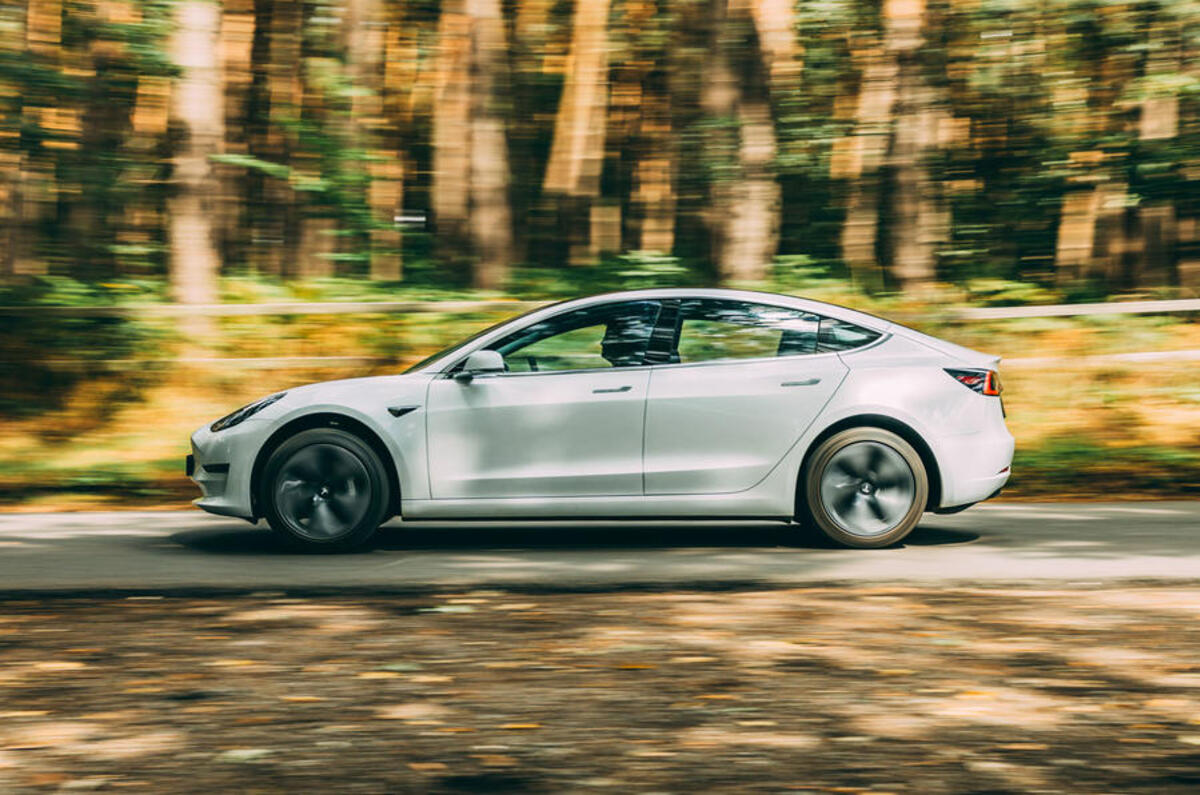One in six new car registrations in 2021 was a plug-in, electrified vehicle, compared with one in 10 the previous year, creating a growing chasm between electric vehicle adoption and the infrastructure with which to power EVs.
New data from the Society of Motor Manufacturers and Traders showed that 305,000 plug-in vehicles (electric vehicles and plug-in hybrids) were sold last year, accounting for 18.6% of overall market share. Including non-plug-in hybrids, 27.5% of the market is now electrified. In 2020, electrified cars had a market share of 17%.




Join the debate
Add your comment
This paragraph 'While sales of plug-in vehicles have grown massively, petrol remains by far the most popular power source, with a 58.5% market share. Diesel accounted for 16.0% of registrations, still outperforming electric vehicles for now.' is wrong. Diesel sales were 16.0% in 2020, and dropped to 8.2% in 2021(from the SMMT year end figures) while BEV sales were 11.6% in 2021 meaning BEV sales have already surpassed Diesel sales.
What a weird and unexpected UK top 10 compounded by the fact that apparently the Ford Transit van outsells the lot of them. Perhaps it's the only reason why Ford survives as a brand in Europe, but for how much longer?